Family Health
Discover Family Health
Knowing your family’s health history paints a picture of potential health problems from one generation to the next. This knowledge is a powerful tool for early detection or prevention of diseases you may be at risk for. Learn how to find and share your family health history on National Family Health History Day, which is Thanksgiving Day, and throughout the year.
But don't wait for a special month!
Discover an NNLM Reading Club book and get the conversation started.
 Discover MedlinePlus
Discover MedlinePlus
MedlinePlus is a service of the National Library of Medicine, the largest biomedical library in the world. Use Medlineplus.gov anywhere, anytime, on any device - for free - to discover high-quality health and wellness information that is reliable, easy to understand, and free of advertising, in both English and Spanish.
Discover information on:
Also discover MyHeathfinder.gov to Talk with a Doctor if Breast or Ovarian Cancer Runs in Your Family.
Discover NIH
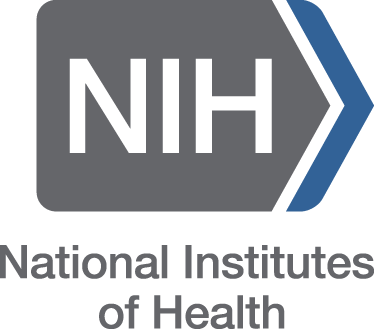 The National Institutes of Health (NIH), a part of the U.S. Department of Health and Human Services, is the nation’s medical research agency — making important discoveries that improve health and save lives. NIH is made up of 27 Institutes and Centers, each with a specific research agenda, often focusing on particular diseases or body systems.
The National Institutes of Health (NIH), a part of the U.S. Department of Health and Human Services, is the nation’s medical research agency — making important discoveries that improve health and save lives. NIH is made up of 27 Institutes and Centers, each with a specific research agenda, often focusing on particular diseases or body systems.
The National Human Genome Research Institute (NHGRI) is NIH's biomedical research agency for advancing genomics research. Find an Introduction to Genomics as well as guidance on Direct-to-Consumer Genomic Testing.
Discover More
Genomics & Precision Health is the Centers for Disease Control and Prevention (CDC) consumer-friendly website. It has health topics for understanding your Family Health History and Genetic Testing: What You Need to Know.
The Federal Trade Commission (FTC), America's consumer protection agency, provides clear and basic information to understand Direct-to-Consumer Genetic Tests.
With the increased popularity of at-home ancestry testing, Americans are becoming more and more interested in genetics, but many still have limited knowledge of basic genetic concepts. Libraries are information hubs and education centers that can help their community members access trusted health information - and you don't have to be a scientist. Here are a few "ready-to-use" programs and resources to help the public learn more.
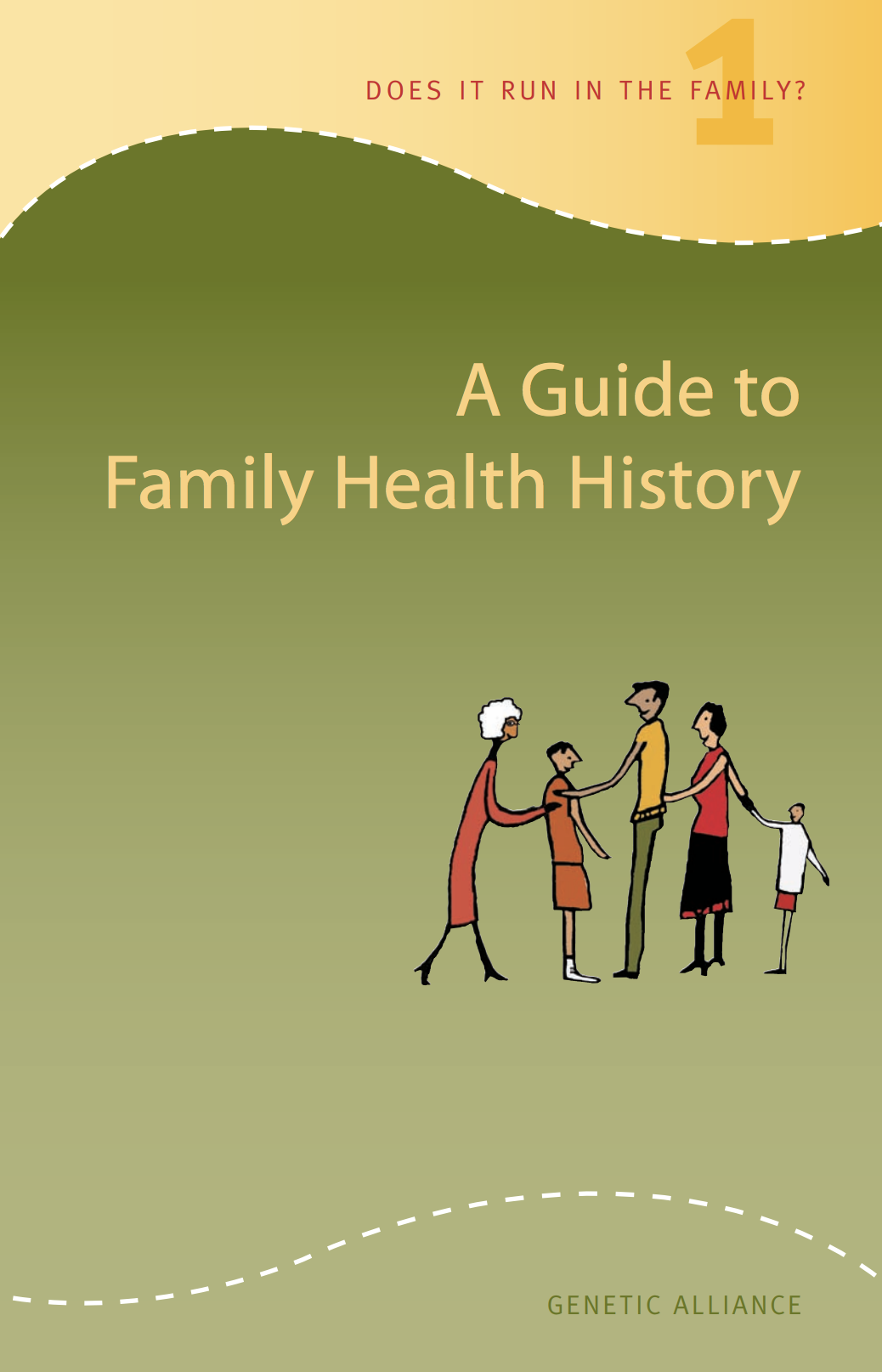
Genetic information can help you know your risk for certain diseases including how to manage genetic risks for inherited diseases.
Invite a genetic counselor to share expert information about Genetic Testing. To find a speaker, use the National Society of Genetic Counselors.
Share resources such as A Guide to Family Health History available for free download in English or Spanish from the Genetic Alliance and What You Need to Know About Direct-To-Consumer Genetic Testing.
Finding Your Roots - The Seedlings is a series of web episodes and corresponding curricula. Any educator - parent, teacher, or librarian - can download and customize the curriculum to create a formal or informal exploration of genomics and DNA.
Featured Books
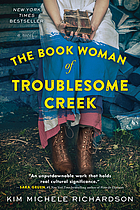
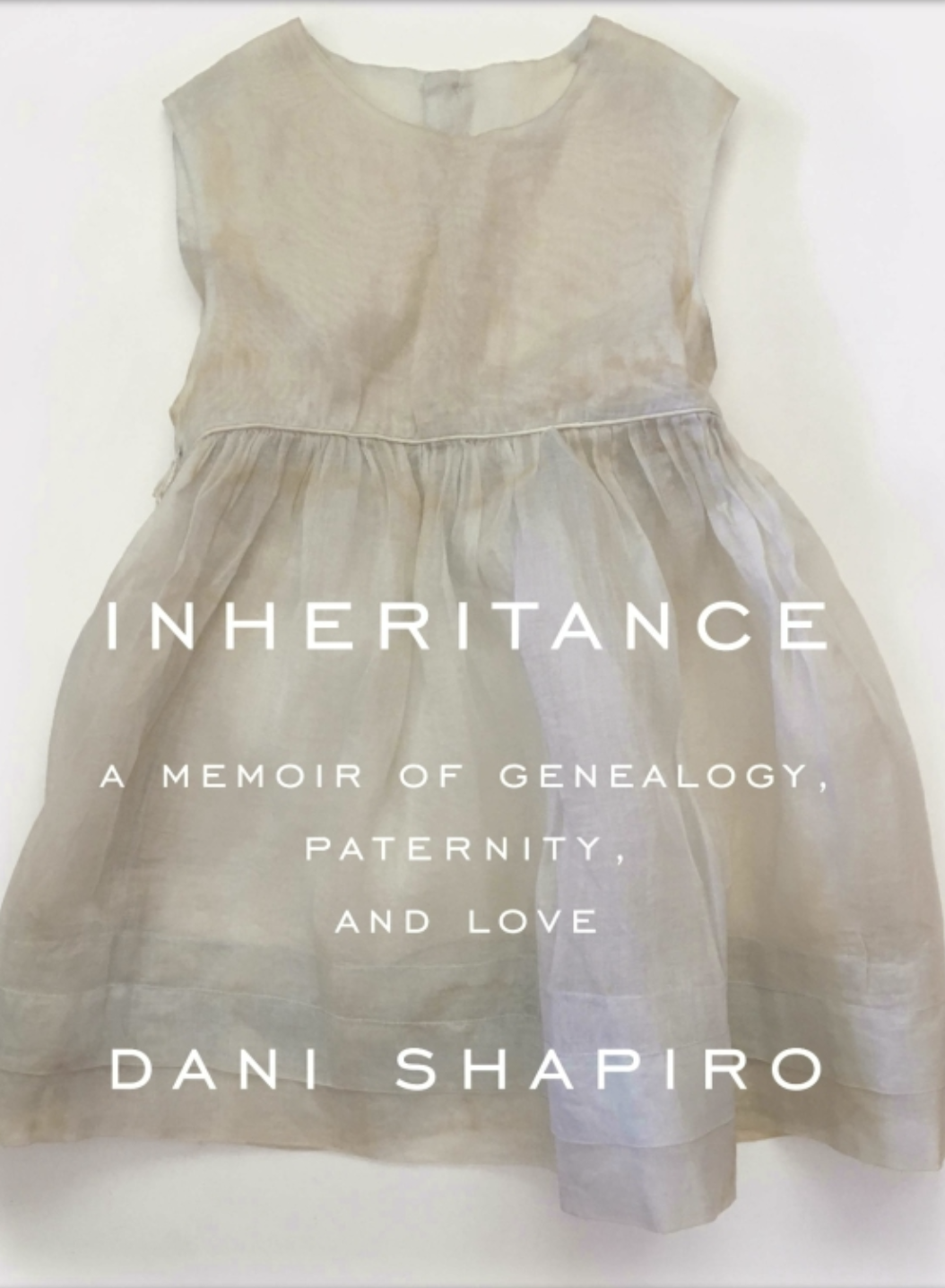
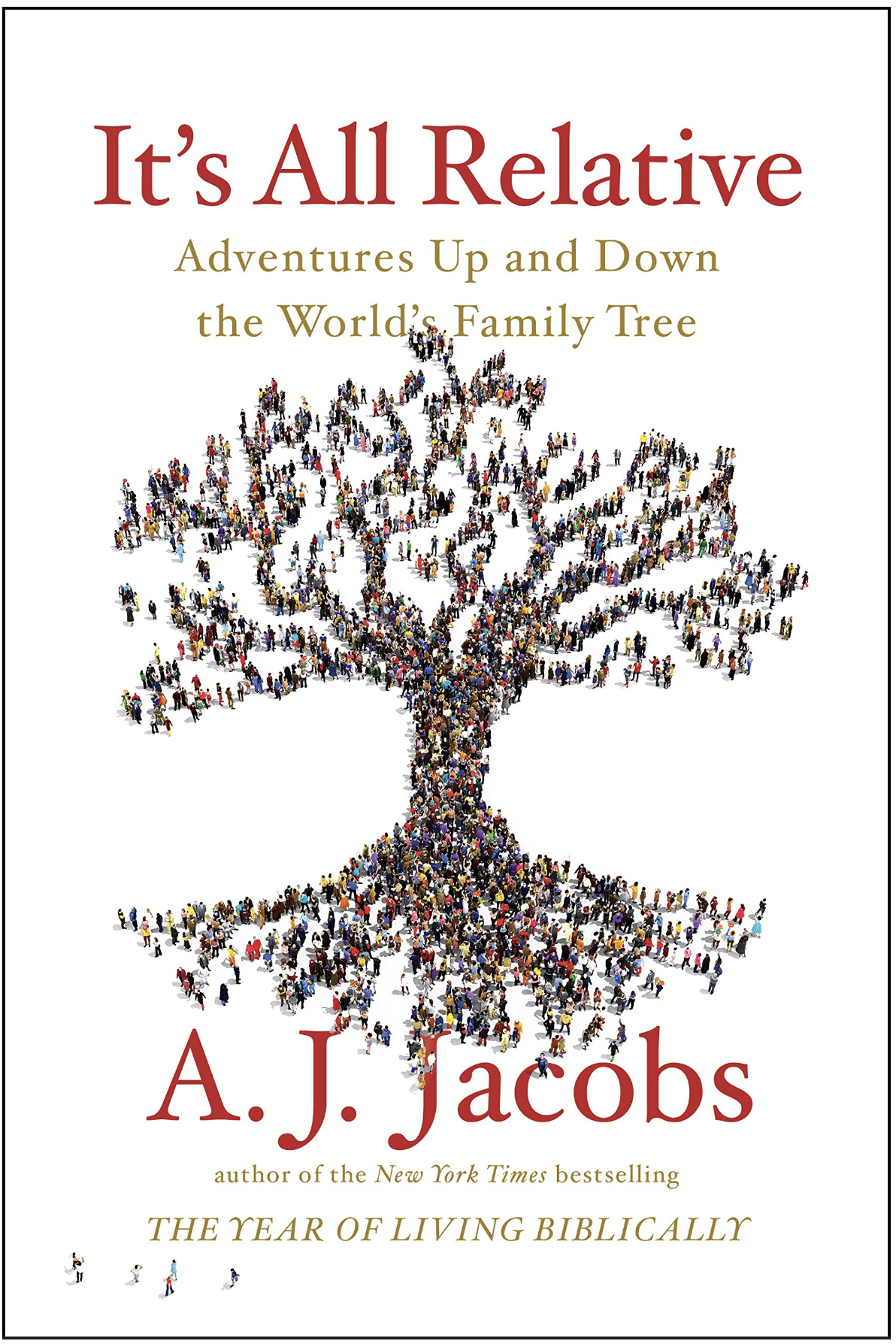
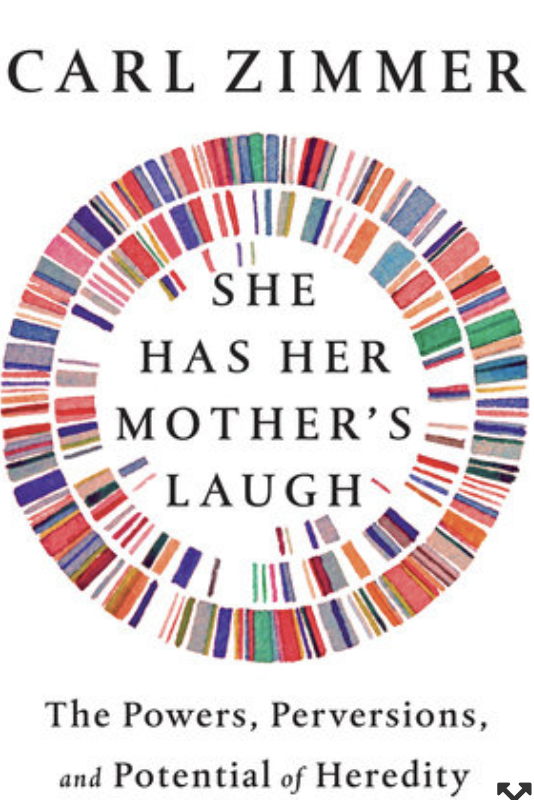
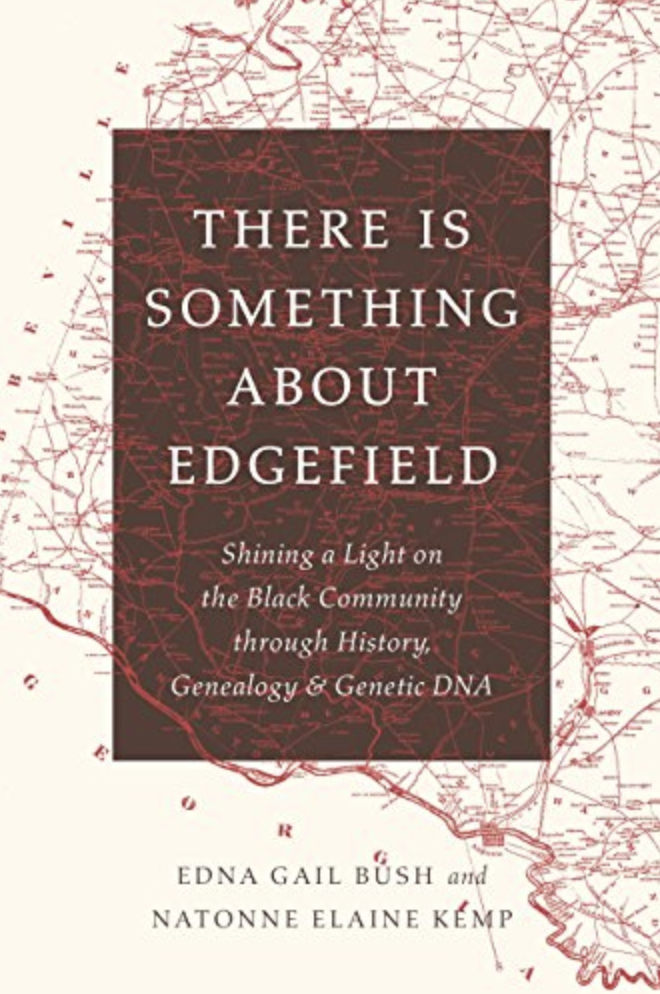
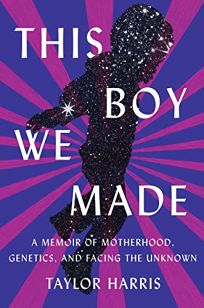
Terms of use: Network of the National Library of Medicine (NNLM) staff offer these health discussion resources for educational use. The materials included do not necessarily reflect the views or opinions of the author, publisher, or the sponsoring agencies of the National Library of Medicine (NLM) and the National Institutes of Health (NIH).


